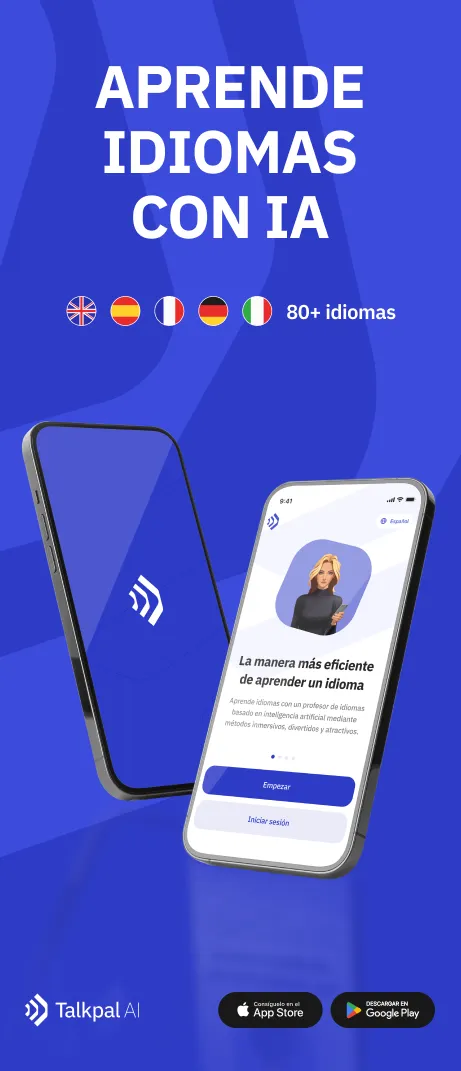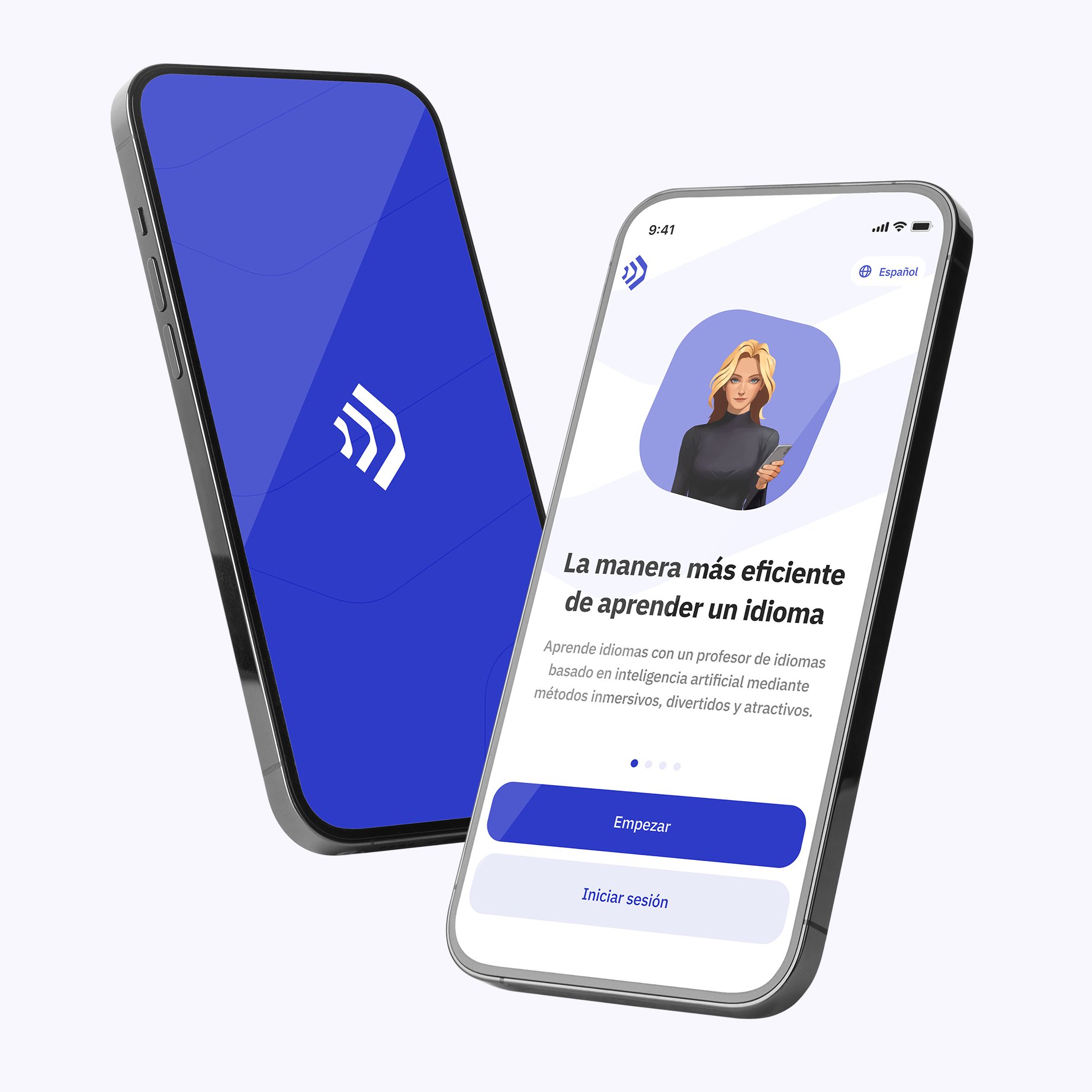Ejercicio 1: Uso básico del segundo condicional
2. If she *were* taller, she would play basketball better. (pasado simple del verbo «to be» para «she»)
3. If we *lived* in Thailand, we would eat more spicy food. (pasado simple de «live»)
4. If he *knew* the answer, he would tell us. (pasado simple de «know»)
5. If they *spoke* Thai, they would travel more easily. (pasado simple de «speak»)
6. If you *studied* every day, you would improve faster. (pasado simple de «study»)
7. If I *had* a car, I would visit my friends more often. (pasado simple de «have»)
8. If she *could* swim, she would go to the beach. (pasado simple modal «can»)
9. If we *were* rich, we would buy a house in Bangkok. (pasado simple del verbo «to be» para «we»)
10. If he *worked* harder, he would pass the exam. (pasado simple de «work»)
Ejercicio 2: Completa con la forma correcta del verbo en segundo condicional
2. If she *studied* more, she would understand Thai grammar better. (pasado simple de «study»)
3. If they *lived* closer, we would visit them often. (pasado simple de «live»)
4. If he *had* a dictionary, he would translate the words easily. (pasado simple de «have»)
5. If we *could* speak Thai fluently, we would make more friends. (pasado simple modal «can»)
6. If you *listened* carefully, you would learn faster. (pasado simple de «listen»)
7. If I *were* a teacher, I would help you with grammar. (verbo «to be» para «I»)
8. If she *went* to Thailand, she would visit the temples. (pasado simple de «go»)
9. If they *had* more money, they would travel around Asia. (pasado simple de «have»)
10. If he *practiced* every day, he would speak better. (pasado simple de «practice»)










